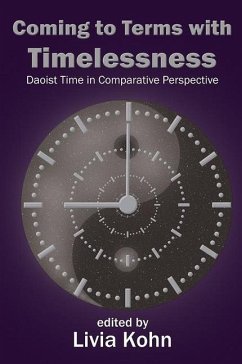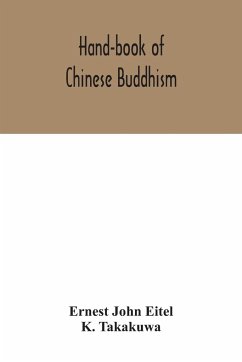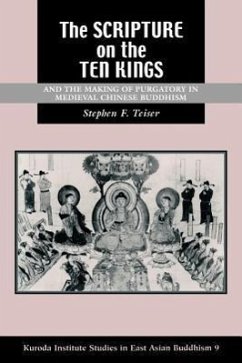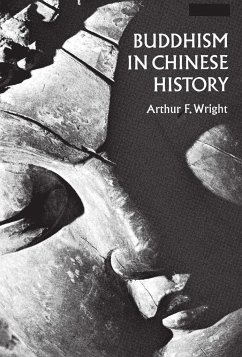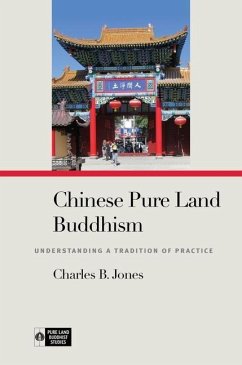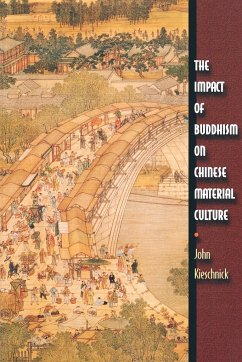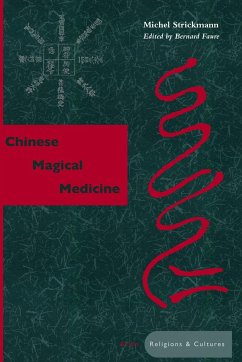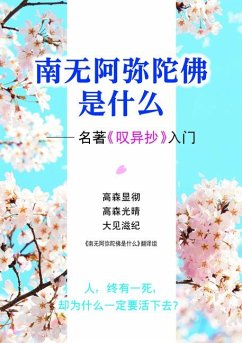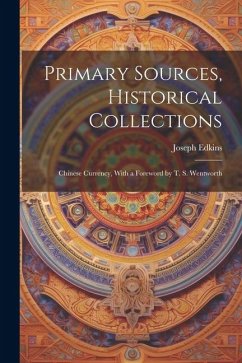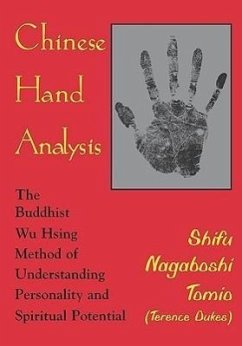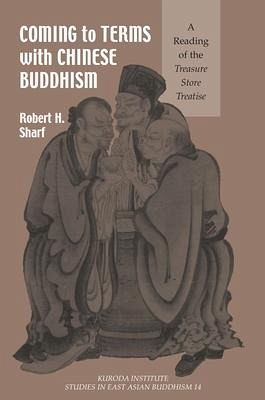
Coming to Terms with Chinese Buddhism
Versandkostenfrei!
Versandfertig in über 4 Wochen
27,99 €
inkl. MwSt.

PAYBACK Punkte
14 °P sammeln!
Chinese Buddhism is often portrayed as the product of a protracted encounter between Indian Buddhism and Chinese civilization, an encounter that led to the "sinification" of Buddhist teachings and practices. In a masterful display of scholarship, Robert Sharf makes a major contribution to the re-evaluation of the encounter. He shows that, although the Chinese were cognizant of the foreign origins of Buddhism, their actual exposure to South Asian clerics and Sanskrit texts was limited throughout medieval times. For the most part, Sharf argues, the Chinese dialogue with Buddhism took place among...
Chinese Buddhism is often portrayed as the product of a protracted encounter between Indian Buddhism and Chinese civilization, an encounter that led to the "sinification" of Buddhist teachings and practices. In a masterful display of scholarship, Robert Sharf makes a major contribution to the re-evaluation of the encounter. He shows that, although the Chinese were cognizant of the foreign origins of Buddhism, their actual exposure to South Asian clerics and Sanskrit texts was limited throughout medieval times. For the most part, Sharf argues, the Chinese dialogue with Buddhism took place among the Chinese themselves. That being the case, Chinese Buddhism is more properly approached as a product of sinitic culture, not a distorted reflection of normative Indian Buddhist prototypes. Sharf draws his argument in part from a close analysis of an obscure, nominally Buddhist text, the Treasure Store Treatise (Pao-tsang lun). The book begins with a careful reconstruction of historical and religious provenance of the text. It next turns to an analysis of internal evidence to demonstrate the close affinity between the Treatise and texts associated with Ox-head Ch'an and Twofold-Mystery Taoism. There follows a fascinating discussion of the metaphysical underpinnings of the Treatise in Chinese "correlative cosmology", in which Sharf points out the degree to which the metaphysical notion of "sympathetic resonance" (kan-ying) structured the medieval Chinese understanding of virtually all aspects of Buddhist doctrine, ritual, and soteriology. The introductory section is followed by a translation of the three chapters of the Treatise, including lengthy annotation that provides extended philologicaland philosophical discussion of dozens of key terms and concepts. The study concludes with a critical analysis of the place of Tantric, or Esoteric, Buddhism within the Chinese Buddhist tradition.



